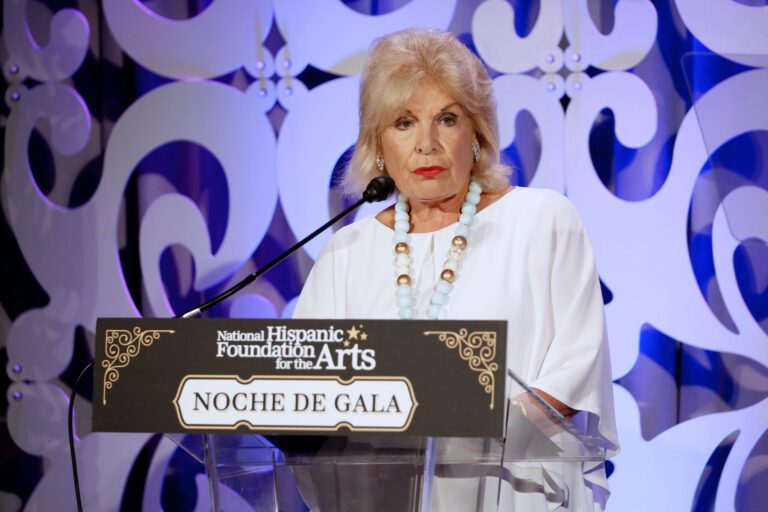Public Broadcasting Funding Cuts: A Deep Dive into the CPB Board’s Emotional Response
In a recent board meeting following a controversial legislative decision, members of the Corporation for Public Broadcasting (CPB) expressed their profound concern over the withdrawal of $1.1 billion federal funding. This funding is crucial for organizations that manage public media, including NPR and PBS. The emotional gathering saw board members quote literary giants and cinematic icons, underscoring the gravity of the situation.
The Impact of Funding Cuts
Patricia Harrison, the chief executive of the CPB board, opened the meeting with a heavy heart, stating her sorrow for the potential dismantling of public media. During her remarks, she emphasized that rural stations would be the hardest hit, a sentiment echoed by many who value public broadcasting in underserved areas.
- Key Points of Concern:
- Dismantling of Public Media: Harrison characterized the funding cuts as a direct threat to public media’s existence.
- Rural Impact: The cuts will disproportionately affect stations in rural areas, raising concerns about information access.
Addressing Allegations of Bias
One of the ongoing criticisms against public media comes from allegations of bias, often perceived as leaning liberal. Harrison candidly addressed these concerns, stating, “Is there bias? Sure, we’re not perfect, but we were working on that.” She maintained that such allegations should not warrant a complete shutdown of public media.
- Responses to Bias:
- NPR and PBS Leadership: Both CEOs have publicly refuted claims of biased reporting despite ongoing scrutiny.
Emotional Appeals and Literary References
Harrison’s emotional presentation included a poignant quote from Shakespeare, invoking King Henry V. She highlighted the resilience needed in the face of adversity, stating, “Aim for that win for public media.”
Another board member, Thomas Rothman, further drew from popular culture. He referenced a scene from "Master and Commander," likening Harrison’s steadfastness to the courageous captain in the film.
Local Success Amidst Challenges
Despite the overarching narrative of doom and gloom, there have been highlights of resilience within public broadcasting. Diane Kaplan, another board member, noted that KUOW Radio, a public station in Seattle, managed to raise $1.5 million in just ten hours from its audience amidst the cuts.
- Statistics:
- KUOW’s Achievement: $1.5 million raised in under 10 hours.
- Emergency Status for Rural Stations: With 25 other radio stations in the region, the call for support was loud and clear.
Legal Challenges
The board’s struggle against political pressures is not new. A turbulent history includes attempts by former President Trump to remove Democratic appointments from the board. These attempts led to a lawsuit, with former board members asserting their right to remain in their roles despite political challenges.
- Key Legal Points:
- Attempted Ouster: Trump attempted to remove three Democratic appointees, leading to a significant legal battle.
- Federal Judgment: A federal judge ruled that while the president has limited authority over board members, tensions lingered.
Future of Public Broadcasting
Although federal funding has been rescinded for the next two years, the CPB remains intact. The board is likely to continue advocating for the restoration of federal support. While local stations face financial difficulties, national operations, largely funded through corporate sponsorships and viewer donations, are reportedly shielded from immediate impacts.
- Insights on Financial Health:
- Corporate Support: NPR and PBS largely rely on corporate funding and donations, reducing their vulnerability.
- Recent Donation Trends: A recent report indicated a surge in donations, hinting at a robust support network from the public despite funding cuts.
Conclusion
The CPB board meeting illuminated the emotional and financial struggles faced by public media organizations following substantial funding cuts. While challenges are significant, the board’s resolve and the community’s willingness to contribute to public broadcasting suggest a potential path for navigating this turbulent landscape. Public media’s future, though uncertain, showcases a blend of resilience and community support that could shape its trajectory moving forward.
For further reading on the implications of public broadcasting funding, visit NPR, PBS, and explore the ongoing discussion on bias in public media.


